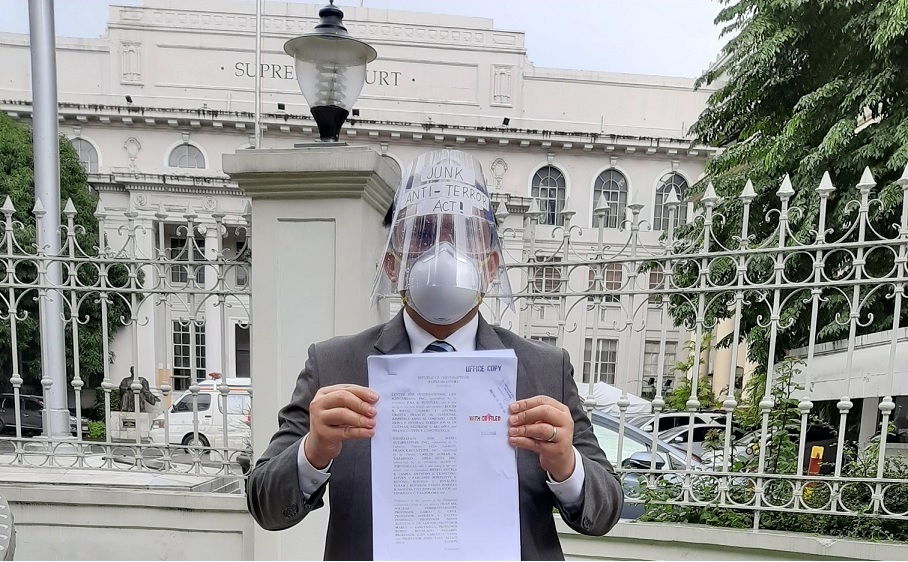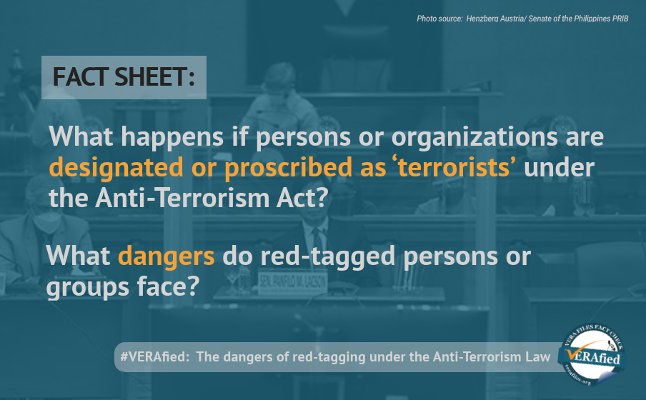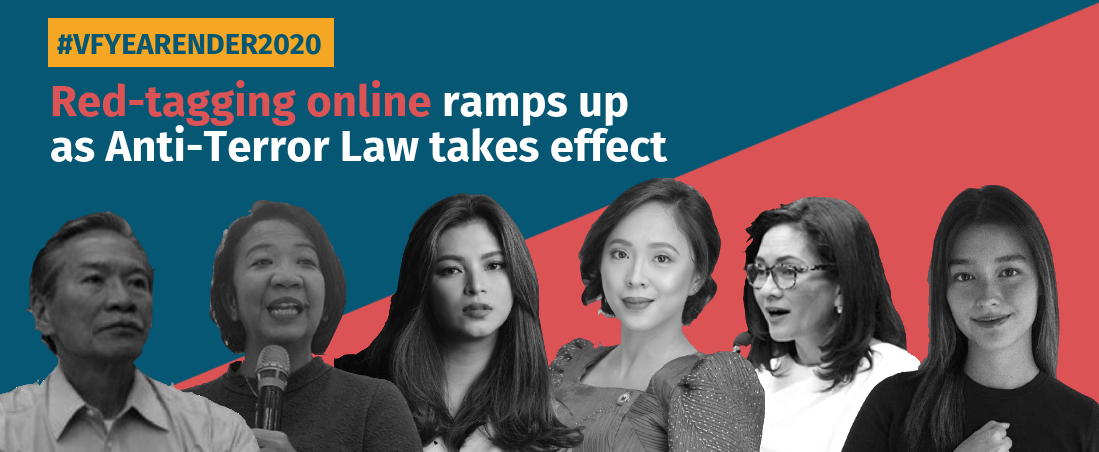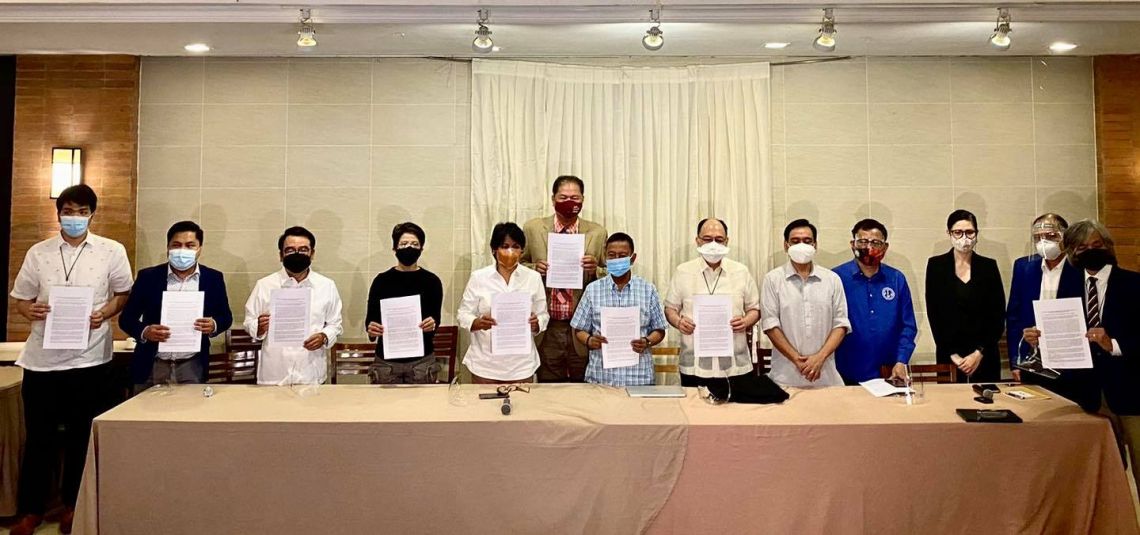The recently enacted anti-terrorism law emasculates the independence of the judiciary; therefore it must be struck down.
That was the gist of a 124-page petition for certiorari and prohibition filed before the Supreme Court on Monday, Aug. 10, by a coalition of journalists, human rights lawyers, law professors and digital activists.
“The Anti-Terrorism Act poses a grave and present danger to judicial power and independence. Thus, the SC should strike down the ATA if the High Court wants to protect the judiciary’s institutional independence,” lawyer Gilbert Andres of the Center for International Law (CenterLaw) said after filing the petition.
He was referring to Republic Act No. 11479, or the Anti-Terrorism Act of 2020 signed by President Rodrigo Duterte last July 3 and took effect on July 21, or 15 days after its July 6 publication in the Official Gazette.
The petitioners said the anti-terrorism law must not be enforced because eight out of its nine penal provisions are unconstitutional “for transgressing fundamental rights, including the right to freedom of speech, the right of the people to peaceably assemble and petition the government for redress of grievances, and the right to freedom of association.”
The petition was for certiorari and prohibition because it went through a process that was “imbued with grave abuse of discretion amounting to lack or excess of jurisdiction,” noting that the principal provisions of the law are “repugnant” to the 1987 Constitution.
The respondents in the petition were both houses of the Congress, the Anti-Terrorism Council (ATC), Executive Secretary Salvador Medialdea, Anti-Money Laundering Council (AMLC) Executive Director Mel Georgie B. Racela, Justice Secretary Menardo I. Guevarra, Budget Secretary Wendel E. Avisado, Police General Archie Francisco F. Gamboa, AFP Chief Lt. Gen. Gilbert Capay, NBI Director Eric Bito-on Distor and their respective agencies.
The House of Representatives and the Senate were included in the petition because the lawmakers, who wrote and approved the provisions, were “grossly remiss, if not abusive of their powers.”
“If these senators and representatives can err gravely on the crafting and interpretation of the Act, what more the ordinary policemen and the ill-trained military personnel who are tasked with its implementation?” Andres pointed out.
It said the haphazard enactment of the law “reveals the respondents’ misplaced priorities in the midst of a deadly Covid-19 pandemic and lays bare the government’s design to weaponize the law to suppress fundamental freedoms.”
The Anti-Terrorism Act “gives unbounded power and discretion to the police and the military in ascertaining and declaring what constitute acts of terrorism, even assigning to them the authority to arrest mere suspects who may be detained for 24 days without bringing charges against them in court,” part of the petition read.
This, beyond doubt, transgress people’s freedom to due process, speech, association, right to bail and the guarantee on the availability of the writ of habeas corpus, as preserved by the Constitution, it further said.
The petitioners said that provisions of the ATA on surveillance and authority for invasion of privacy violates “the right to privacy of persons and their communications, and the rights of the accused.”
Lawyers from the CenterLaw were joined in the petition by the Foundation for Media Alternatives (FMA), Inc.; Democracy.net.ph, Inc.; VERA Files, Inc.; and, individuals such as veteran journalist Ellen Tordesillas, lawyer Romel Regalado Bagares, and law professors from the Lyceum of the Philippines University.
Read the petition here:
ATL-PETITION-FINAL by VERA Files on Scribd




